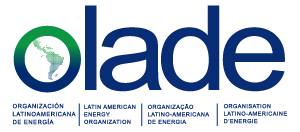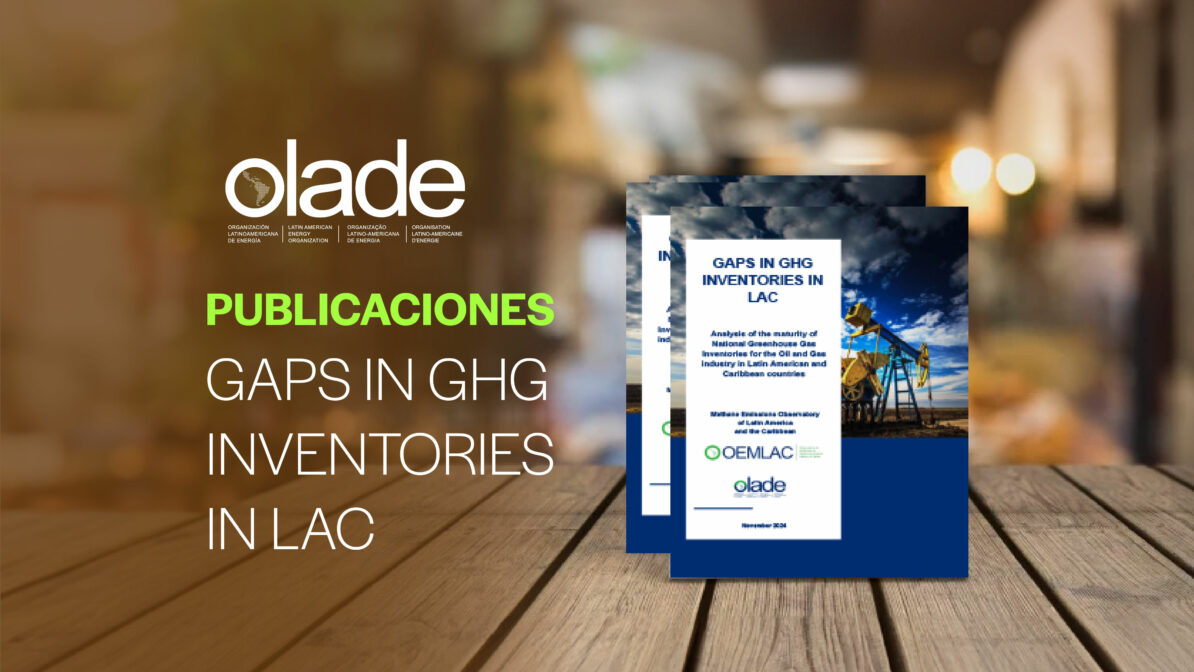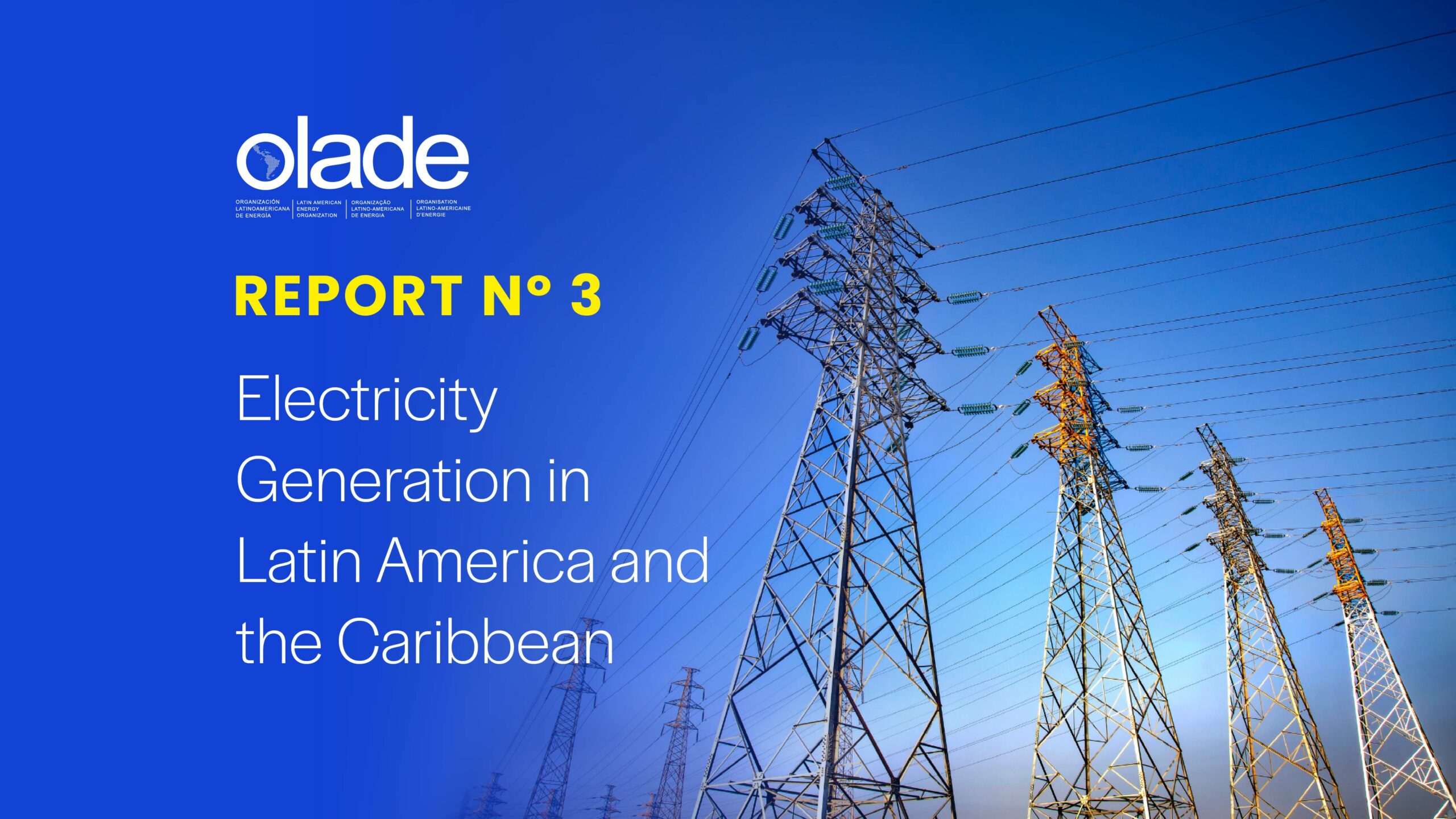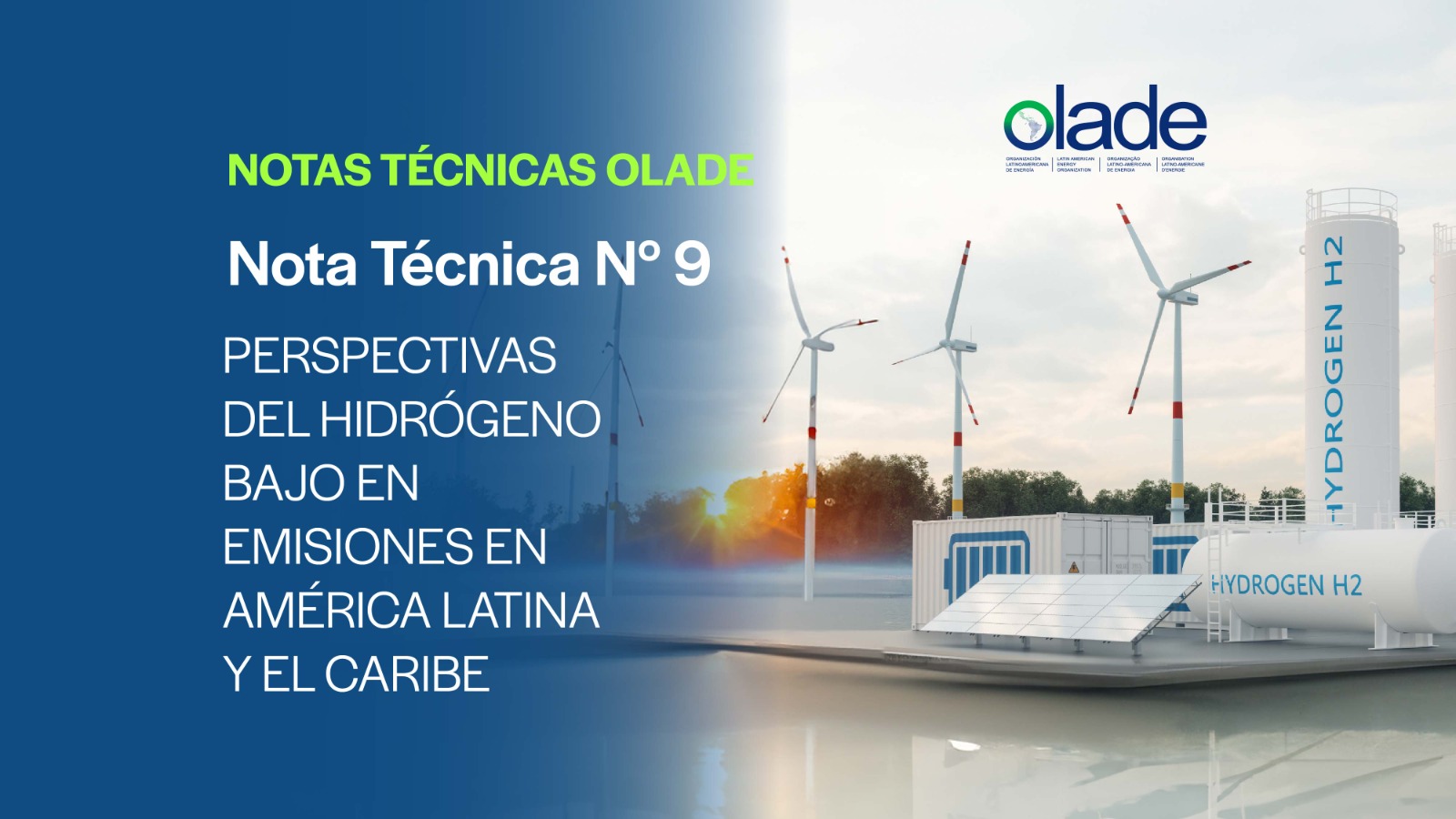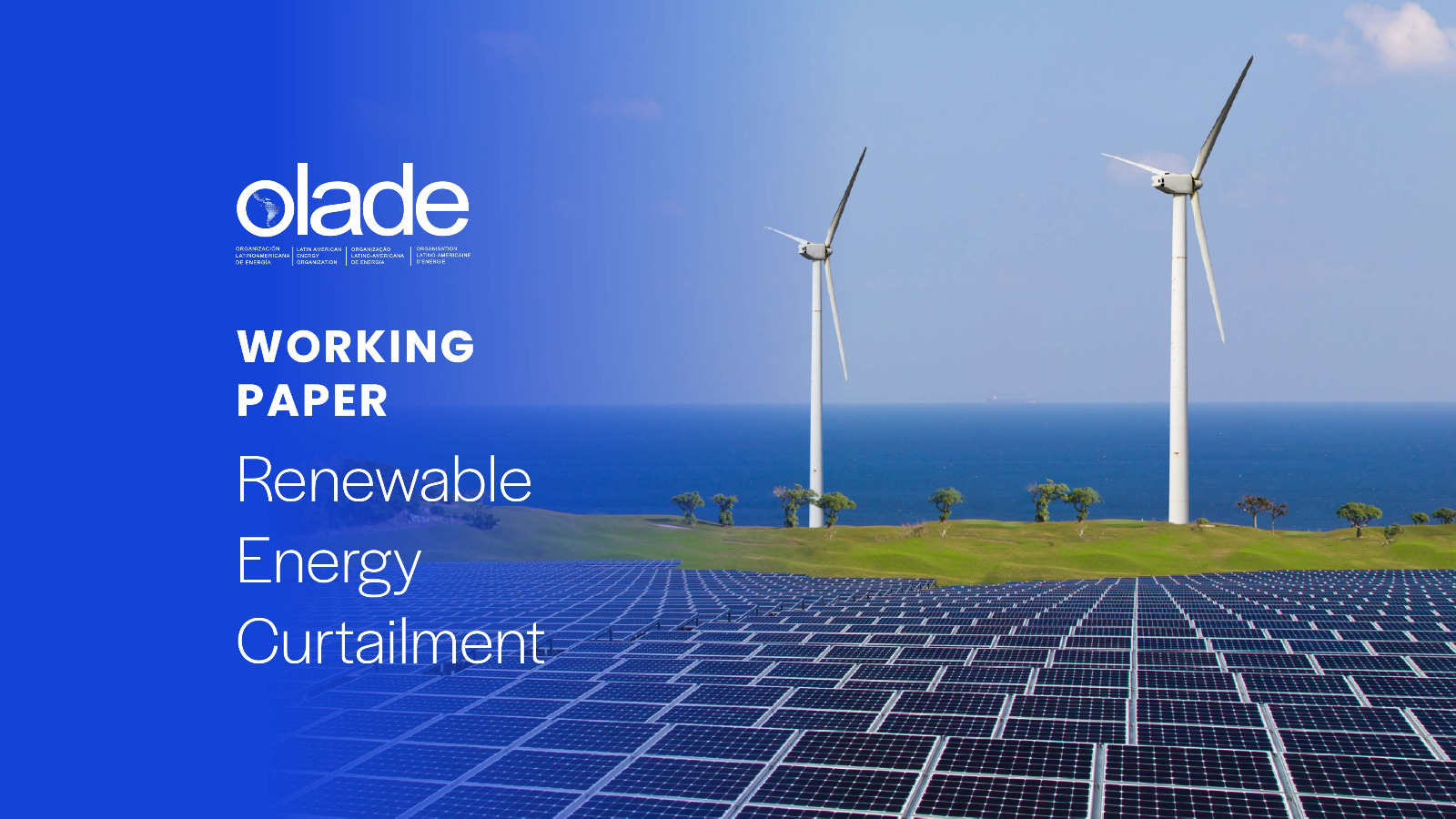The report highlights the development and maturity of national GHG inventory systems in LAC, showcasing notable progress in countries such as Argentina and Colombia.
The Latin American Energy Organization (OLADE) presents the first study prepared by the Methane Emissions Observatory in Latin America and the Caribbean (OEMLAC), titled “Gaps in Greenhouse Gas (GHG) Inventories in the Region.” This technical report provides an in-depth analysis of the state of national GHG inventories in the region’s countries, with a focus on methane emissions from the oil and gas sectors.
The study identifies significant progress in countries such as Argentina, Brazil, Chile, and Colombia, which have implemented robust inventory systems, efficient institutional structures, and mechanisms for continuous improvement in data quality. Other countries in the region, such as Venezuela and Small Island Developing States (SIDS), face key challenges in improving reporting frequency, data availability, and the evolution of Monitoring, Reporting, and Verification (MRV) Systems.
Key Findings of the Study
- Heterogeneous Regulatory Frameworks: Marked differences are evident in the development and implementation of legal frameworks supporting national GHG inventories.
- Dependence on International Resources: A significant number of countries rely on external financing to maintain their inventory systems, although some have adopted best practices in early budget allocation.
- Governance Challenges: Challenges persist in interinstitutional and intersectoral coordination, as well as in training specialized technical teams.
- Advances in Multidisciplinarity: Cooperation between sectors and data sharing have been strengthened, promoting greater integration of national teams in energy policy formulation.
This document underscores the relevance of national GHG inventories as fundamental tools for guiding climate policies and meeting international commitments, such as the Biennial Transparency Report (BTR), whose first report was due by the end of 2024.
In this context, countries such as Argentina, Colombia, and Mexico position themselves as regional benchmarks in developing inventories for medium- and large-scale oil and gas producers. Similarly, Chile and Panama have made significant progress in their monitoring and reporting systems.
With this publication, OLADE reaffirms its leadership in promoting sustainable and collaborative solutions, offering a valuable resource for governments, institutions, the private sector, and civil society in their efforts to reduce methane emissions and advance climate transparency.
